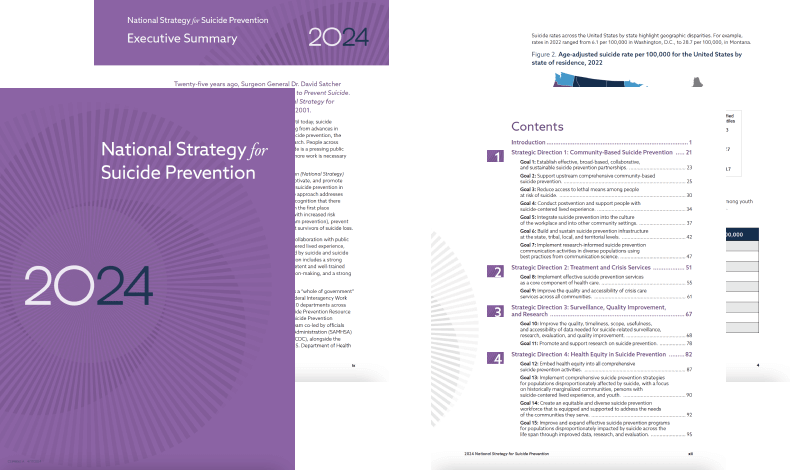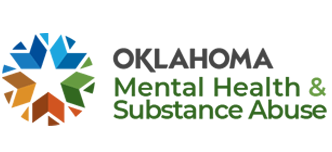Treating suicidal pain and suffering effectively and efficiently for 40 years and counting.
The CAMS Framework® (CAMS) is an empirically-validated treatment application of suicide-focused care.
CAMS is widely acknowledged as the most effective treatment for suicidal thoughts. It’s supported by numerous publications globally, including eleven open clinical trials, seven published randomized controlled trials (RCTs), and two meta-analyses.
CAMS is also referenced in the Zero Suicide Toolkit and the 2024 National Suicide Prevention Strategy and Federal Action Plan. It has been successfully integrated into many Zero Suicide initiatives in the United States and abroad.
Benefits of the CAMS Framework
Empirically-Validated Treatment
Cost-Effective Care
Flexible Approach
Easy & Affordable Training
Reduced Malpractice Risk
Shared Understanding
Across worldwide clinical trial studies, replicated data show the CAMS approach to suicidal risk:
- Quickly reduces suicidal ideation in 6-8 sessions
- Reduces overall symptoms of distress, depression, and reliably reduces suicidal ideation
- Increases hope and improves clinical retention to care
- Is relatively easy to learn, adapt, implement, and become adherent
- Is optimal for the largest population — people with serious thoughts and ideations of suicide
- Decreases Emergency Department (ED) visits among certain subgroups
- Appears to have a promising impact on self-harm behavior and suicide attempts
- The best proven treatment for randomized trials.
Its adaptability across different therapeutic orientations and its ease of learning make CAMS a preferred choice for a multidisciplinary array of mental health professionals.
2024 National Strategy for Suicide Prevention
The 2024 National Strategy for Suicide Prevention address gaps in the health care system, specifically related to mental health. It offers a coordinated and comprehensive approach to suicide prevention through four strategic directions.
CAMS fits into each of the strategic directions, including:
- Community-Based Suicide Prevention – CAMS supports community-based suicide prevention through Zero Suicide and CAMS trainings
- Treatment and Crisis Services – CAMS implements a systemic approach to health care with Zero Suicide framework and contributes to key elements of the Zero Suicide framework
- Surveillance, Quality Improvement, and Research – CAMS is effective among diverse populations, resulting in more significant reductions in suicidal thoughts than when compared to other treatments
- Health Equity in Suicide Prevention – CAMS is effective among diverse populations

Randomized Controlled Trials (RCTs)
The Gold Standard of Proven Treatment
Seven published Randomized Controlled Trials (RCTs) have confirmed CAMS as effective for treating suicidal risk. Ongoing research continues to use this rigorous method to further explore its efficacy.
1. CAMS-Next Day Appointment (NDA) Study
Funded by the American Foundation for Suicide Prevention, this RCT compared CAMS to Enhanced Care as Usual with a small group of suicidal outpatients.
The study showed statistically significant differences in suicidal ideation, symptom distress, and hope between the two groups. CAMS demonstrated enduring effects even after treatment completion, higher patient satisfaction, and better treatment retention rates.
2. DBT vs. CAMS RCT (the DIAS RCT)
This study compared Dialectical Behavior Therapy (DBT) and “CAMS-Informed Supportive Psychotherapy” for 108 people who attempted to die by suicide in Copenhagen Denmark with Borderline Personality Disorder traits.
Researchers found no significant differences in treating self-harm and suicide attempts, despite DBT being a proven effective treatment. This is encouraging considering the lower frequency of CAMS sessions.
3. Operation Worth Living (OWL)
Funded by the US Department of Defense, this study compared CAMS to Enhanced Care as Usual for 148 suicidal U.S. Army Soldiers.
It found that CAMS significantly reduced suicidal thoughts faster than usual care in 6-8 sessions and maintained this improvement at 3, 6, and 12 months. Additionally, CAMS showed significant benefits for subgroups of patients, including fewer emergency department visits, less overall distress, and increased resilience.
4. Managing suicidality within specialized care
Researchers in Oslo, Norway conducted a this study comparing CAMS to regular treatment for 80 people struggling with suicidal thoughts in various places where they get help. After 6 months, they found that CAMS had a big effect in reducing suicidal thoughts and overall distress compared to the usual treatment.
5. A Randomized Controlled Trial of the Collaborative Assessment and Management of Suicidality (CAMS) Versus Treatment as Usual (TAU) for Suicidal College Students
This study compared CAMS and regular counseling for college students with suicidal thoughts and found that CAMS had positive results when used in college counseling centers.
The findings suggest that CAMS, a treatment focusing on suicide, is more likely to help college students with suicidal thoughts and depression, especially those experiencing their first crisis or having acute suicidal thoughts. Students with Borderline Personality Disorder features and multiple suicide attempts might benefit more from intensive treatments like DBT, which is often considered superior for those with chronic struggles.
6. Aftercare Focus Study RCT
The “Aftercare Focus Study” focused on very high-risk patients who had recently left the hospital after a suicide attempt. They split 150 patients into two groups: one getting CAMS and the other getting regular treatment.
Both groups got better over time, but those in CAMS had fewer thoughts about suicide after 12 months compared to those getting regular treatment. Also, CAMS therapists were happier with their treatment than regular therapists.
7. Inpatient CAMS RCT
This feasibility RCT condcuted in Germany compared CAMS to enhanced treatment-as-usual (E-TAU) for inpatients in suicidal crisis. Both groups improved, but CAMS patients reported signficantly better therapeutic relationships, greater reductions in suicidal ideation (for treatment completers), and signficantly fewer suicide attempts in the first month post-discharge (when comparted to control care). These findings suggest that inpatient use of CAMS is both a promising and feasible option for inpatient suicide-focused care.
1. Meta-Analysis of CAMS Outcomes – Suicide and Life-Threatening Behavior
This 2021 meta-analysis reviewed nine studies comparing CAMS to other treatments. It found that CAMS significantly outperformed comparison conditions in reducing suicidal ideation, with moderate effect sizes. The study concluded that CAMS is an effective intervention and called for further dissemination and implementation in clinical practice.
2. Meta-Analysis of CAMS Measurement-Based Care – Assessment
This 2022 meta-analysis explored how CAMS functions as a form of measurement-based care in mental health treatment. Analyzing outcomes across 12 studies, the review found that CAMS led to small-to-moderate improvements in suicidal ideation, symptom distress, hope, and patient satisfaction. The authors highlighted CAMS as a strong example of collaborative, client-centered suicide care.
CAMS-Trained Organizations









